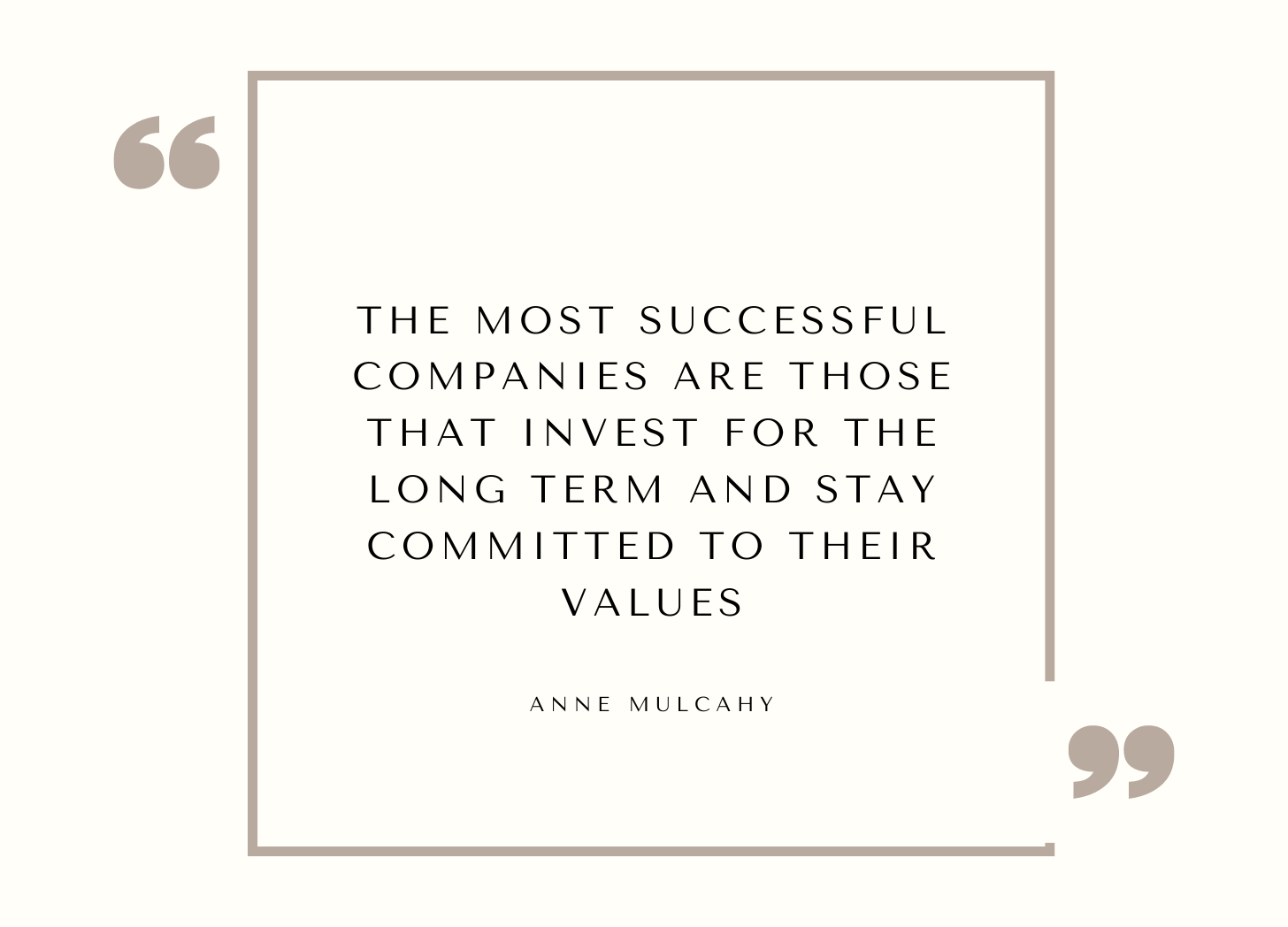414. Great Leaders Outpace Disruption
One of the toughest challenges leaders face is resisting the temptation of short-term gains for the sake of long-term growth.
The long game.
Your winning formula today? Here today, gone tomorrow.
The market moves faster than your five-year plan. Competitors emerge overnight, rendering your hard-won advantages obsolete. And customers? They're fickle, with their needs and desires changing in the blink of an eye.
Cling too tightly to what's working today, you'll find yourself disrupted tomorrow.
But great business leaders know better.
They strike a delicate balance. Yes, they manage the demands of the present, but they also carve out time and resources to explore, experiment, and invest in tomorrow's opportunities.
It's not easy. But it's essential to create the opportunity for future success.
Anything less, and you risk becoming irrelevant.
Supporting Insights
“Most managers understand that significant, new, sustainable growth comes from creating new markets and ways of competing. But few of them make such investments. Why? Because when times are good and core businesses are growing robustly, starting new generations of growth ventures seems unnecessary; when times are bad and mature businesses are under attack, investments to create new growth businesses can’t send enough profit to the bottom line quickly enough to satisfy investor pressure for a fast turnaround.” - Clayton M. Christensen
“My own view is that every company requires a long-term view.” - Jeff Bezos
“Our research on the revenue growth of large companies suggests that executives should ‘de-average’ their view of markets and develop a granular perspective on trends, future growth rates, and market structures. Insights into subindustries, segments, categories, and micromarkets are the building blocks of portfolio choice.” - Mehrdad Baghai, Sven Smit and S. Patrick Vigueries
“Short-term solutions might make sense in the moment, but they never win in the long term.” - Shane Parrish
“Having a great idea or being a charismatic visionary leader is ‘time telling;’ building a company that can prosper far beyond the tenure of any single leader and through multiple product life cycles is ‘clock building.’ Those who build visionary companies tend to be clock builders.” - Jim Collins
“The ones who thrive long term are those who understand the real world is a never-ending chain of absurdity, confusion, messy relationships, and imperfect people.” - Morgan Housel
Keep Learning
Foundations for Growth: How to Identify and Build Disruptive New Businesses:
“After all, business units that are growing robustly today will become mature, and thus vulnerable, in the future. The only way a corporation can maintain its growth is by launching new growth businesses when the core units are strong. “
Building Companies That Last
“To build a visionary company, you need to counterbalance its fixed core ideology with a relentless drive for progress. While core ideology provides continuity, stability, and cohesion, the drive for progress promotes change, improvement, innovation, and renewal.”
If you find this newsletter valuable, consider sharing it with friends, or subscribe if you haven’t already.





I found Simon Sinek's Infinite Game very enlightening and it made me think a lot about how people play the game of work. I've never liked sport - that competitiveness never interested me. But the idea of everyone collaborating, succeeding and moving the human race on together really does inspire me.
A great leadership book! Agree, I don’t think all team sport analogies transferred to the business world, but the idea of a collaborative team really does.